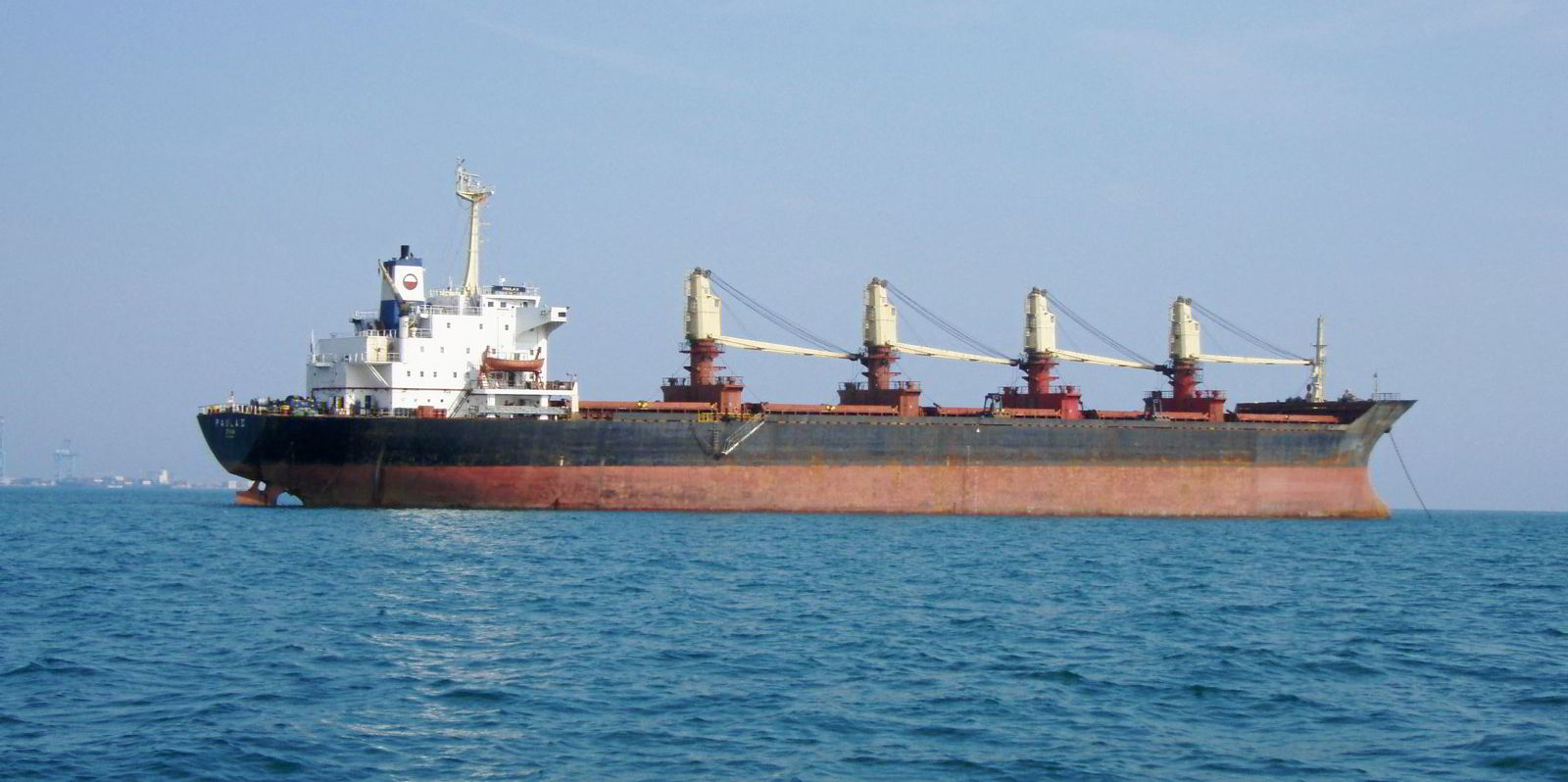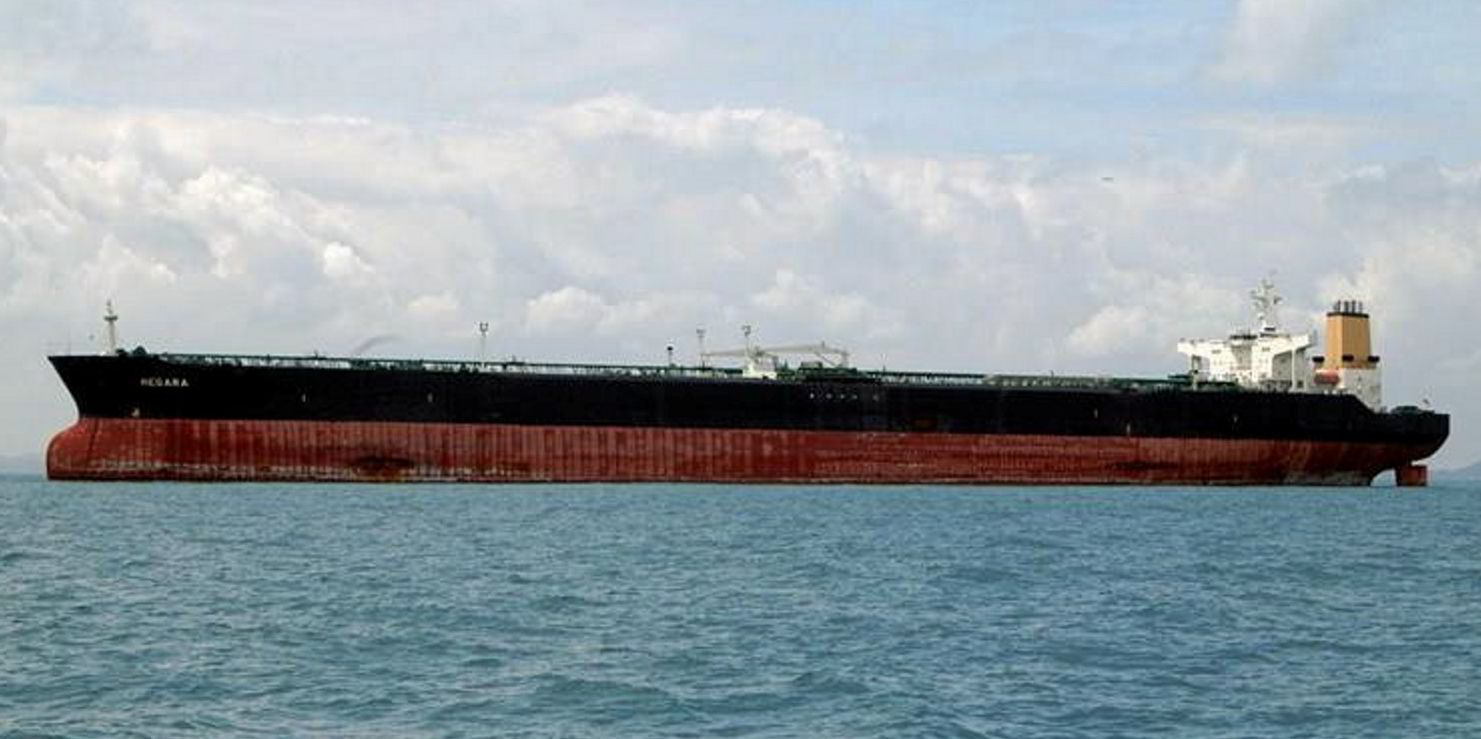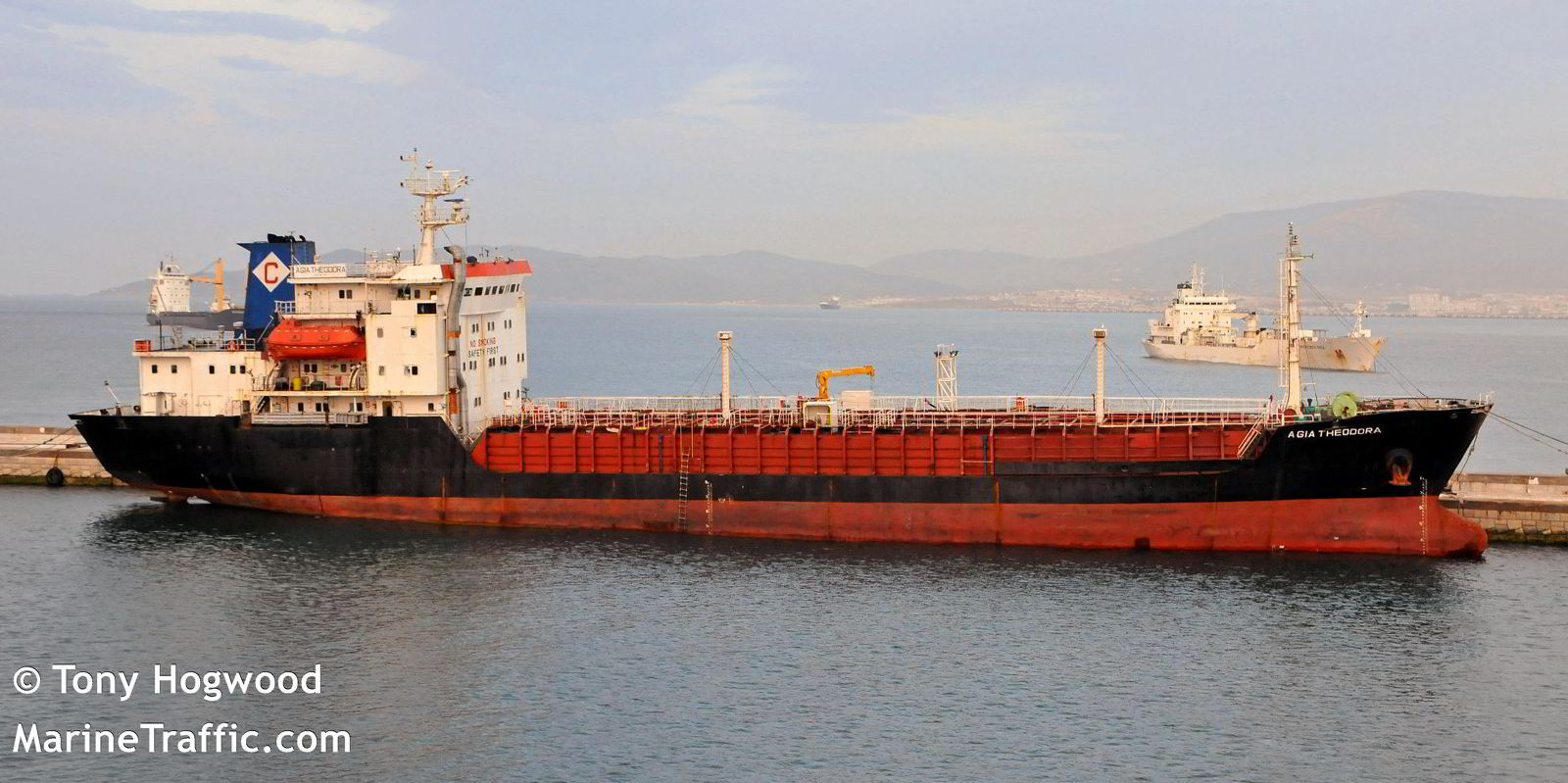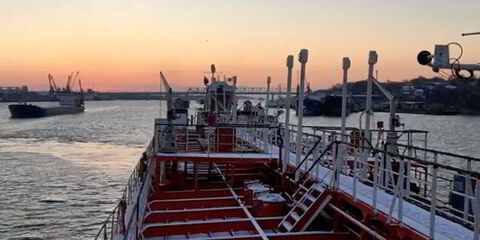Seafarers on a hunger strike in Kuwait for more than a month face a hard struggle to win repatriation — but the majority are insisting on staying and fighting for their rights.
But now action to help crew members remaining on the 37,200-dwt Ula (built 1982) is being stalled by conflicting cargo claims and a mortgage claim by the Bank of Doha, said Mohamed Arrachedi, Arab world and Iran network coordinator for the International Transport Workers' Federation (ITF).
He said the 19 seafarers who remain on board at Shuaiba are the victims of a case of “chronic severe abandonment”.
Arrachedi has been working for more than two years on complaints of neglect and unpaid wages from the crew as the ship traded throughout the Gulf region, long before it arrived at the Kuwaiti port — where it is now stuck — in April 2020.
“We know the whole situation is complicated,” he said. “But we claim that the human dimension should be given priority. We observe that the narrow line between seafarer rights and basic human rights is disappearing.”
Some of the crew members — now owed between 11 and 14 months of wages — have given up and left. But even walking away from their claims was a struggle.
“In September, six crew members were repatriated, who had asked to leave without their wages for family reasons, but it took big efforts to repatriate them,” Arrachedi said. “In this very moment, the second officer is seeking his disembarkment and repatriaiton without wages, and we do not know why this is not being done.”
The remaining crew includes 16 Indian seafarers and one each from Turkey, Bangladesh and Azerbaijan.
Some crew members have been on board the vessel for up to 28 months, according to statements by crew supplied to TradeWinds.
"We want to inform you that today is our 34th day of hunger strike and we will continue until we receive our pending salaries in our bank accounts," crew members wrote on 9 February.
In a separate statement, crew members said they are in a "frustrating condition" and feeling mentally depressed.
“Several time[s] we explained [to] everyone our pathetic situation,” they wrote. “Although we are surviving with authorities support, all of crew family [are] badly suffering due to lack of finance.”
The most recent effort to relieve the crew — an auction of the cargo promised by officials of Kuwait’s Ministry of Communications — has not materialised.
“In January the crew was informed that the clinker cargo would be discharged and auctioned, and there would be negotiations between the Bank of Doha and Kuwaiti authorities,” Arrachedi said. “But, unfortunately, time is passing and, until now, I think these negotiations have not started.”
Arrachedi said his appeals on behalf of crew members have been ignored both by Qatari-based shipowner Aswan Trading & Contracting and the former flag state of Palau, which flagged the vessel until September 2020.
“We have always given [the owner] an opportunity for negotiation, but we were totally ignored,” Arrachedi said.
Aswan Trading and Palau International Ship Registry officials did not immediately respond to email requests for comment.
Qatari labour ministry officials reported to the International Labour Organization (ILO) in October that when they reported the case to public prosecutors there, they discovered Aswan chairman Nasser Hamed Al Nuaimi already faced "several arrest warrants" and could not be found.
Shipping databases list several bulkers and other dry cargo vessels still trading for Aswan Trading or entities sharing addresses or staff, including several post-panamax bulkers acquired over recent years and trading worldwide.





